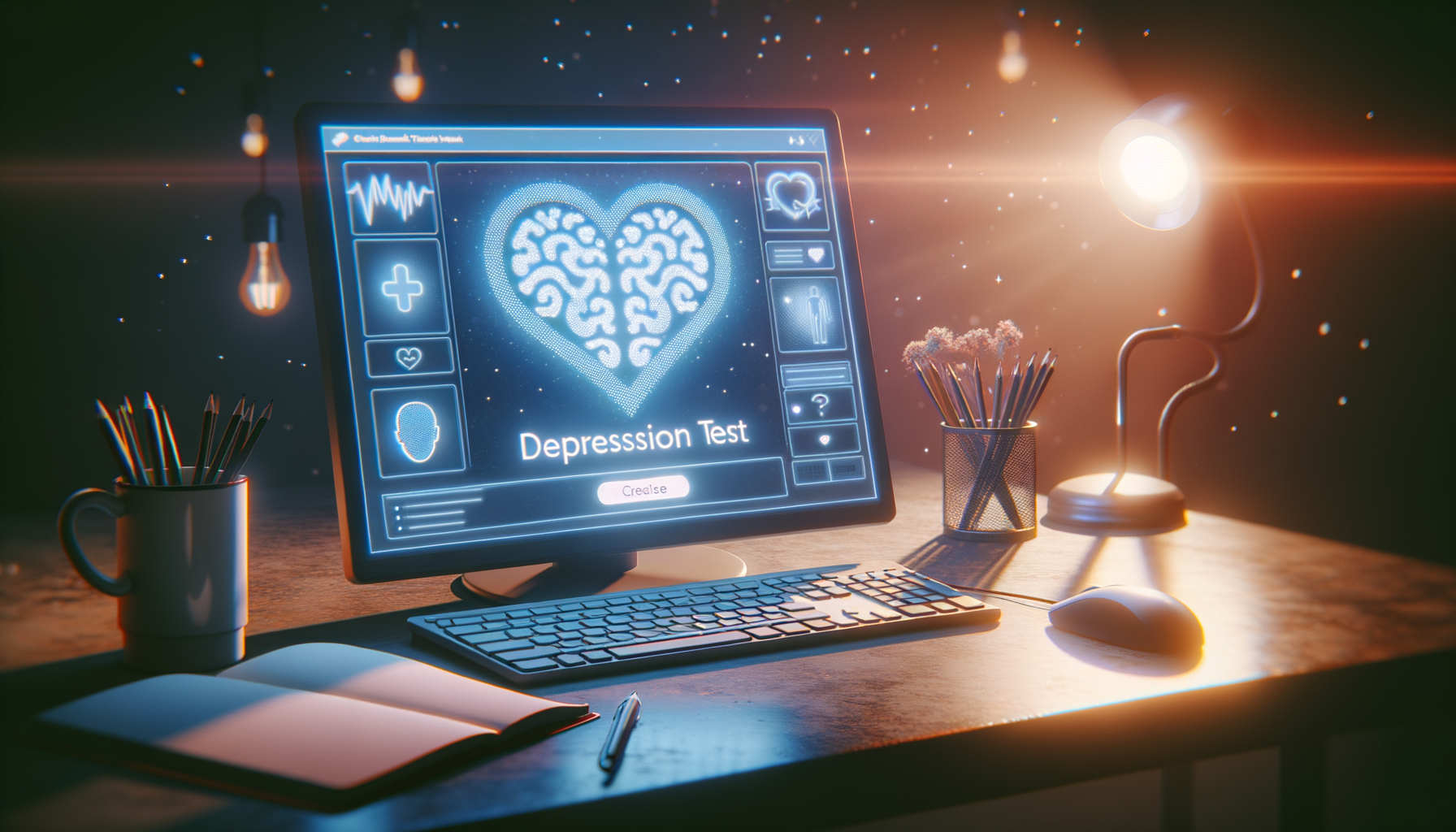Introduction to Depression Tests
Depression is a common mental health condition that affects millions worldwide. Recognizing its signs early can be crucial for effective management and treatment. A depression test, especially in the form of a quick depression test or an online depression test, can be a valuable tool for individuals seeking to understand their mental state. These tests are designed to provide initial insights into one’s emotional well-being, helping to identify symptoms that may require further professional assessment.
While these tests are not a substitute for professional diagnosis, they can serve as a preliminary step in acknowledging and addressing mental health concerns. They typically consist of a series of questions that evaluate mood, behavior, and thought patterns, aligning with criteria from established psychological assessments.
Understanding Quick Depression Tests
Quick depression tests are designed for those who need a rapid evaluation of their mental health status. These tests usually comprise a concise set of questions aimed at identifying the presence of depressive symptoms. The simplicity and speed of these tests make them accessible to many, offering a non-intimidating way to begin exploring one’s mental health.
Typically, a quick depression test will ask about:
- Changes in mood, such as feelings of sadness or hopelessness
- Alterations in sleep patterns, including insomnia or excessive sleeping
- Appetite changes, either increased or decreased
- Levels of energy and motivation
- Thoughts of self-harm or lack of interest in activities once enjoyed
These tests can be found online or in mental health clinics and are often based on standardized screening tools like the Patient Health Questionnaire (PHQ-9). They provide a snapshot of one’s current mental state and can encourage individuals to seek further evaluation if needed.
The Role of Online Depression Tests
In today’s digital age, online depression tests have become increasingly popular. They offer the convenience of assessing one’s mental health from the comfort of home, making them accessible to a broader audience. Online tests can be particularly beneficial for those who may feel stigmatized or uncomfortable discussing mental health issues in person.
These tests often include interactive elements, such as real-time feedback and resources for further support. Many online platforms offer a range of tests, from quick assessments to more comprehensive evaluations, catering to different needs and preferences.
However, it is essential to approach online depression tests with a critical eye. Not all tests are created equal, and the reliability of results can vary. It is crucial to use tests from reputable sources, ideally those that align with established psychological criteria.
Comparing Different Types of Depression Tests
Depression tests can vary significantly in their format, length, and depth of assessment. Quick depression tests are designed for immediate, surface-level insights, while more comprehensive tests may delve deeper into psychological analysis.
Comprehensive tests might include:
- In-depth questionnaires covering a wide range of symptoms and behaviors
- Detailed scoring systems that provide nuanced insights into mental health status
- Follow-up recommendations based on results, guiding users towards appropriate resources or professional help
By contrast, quick and online tests prioritize ease and accessibility, offering immediate feedback that can prompt further exploration. Choosing the right type of test depends on individual needs, the severity of symptoms, and the desired level of detail in the assessment.
Conclusion: Navigating Your Mental Health Journey
Depression tests, whether quick, online, or comprehensive, serve as valuable tools in the journey towards understanding and managing mental health. They provide an accessible entry point for individuals to explore their emotional well-being and recognize potential symptoms of depression.
While these tests can offer initial insights, they should not replace professional evaluation and treatment. It is important to view them as a step in a broader mental health strategy, one that includes consulting healthcare professionals and accessing appropriate support services.
Ultimately, taking a depression test can be the first step towards acknowledging mental health needs and seeking the help necessary to lead a healthier, more balanced life.

Leave a Reply